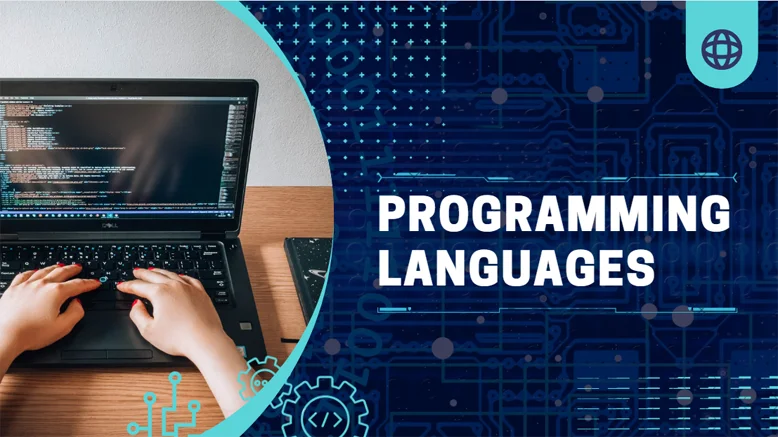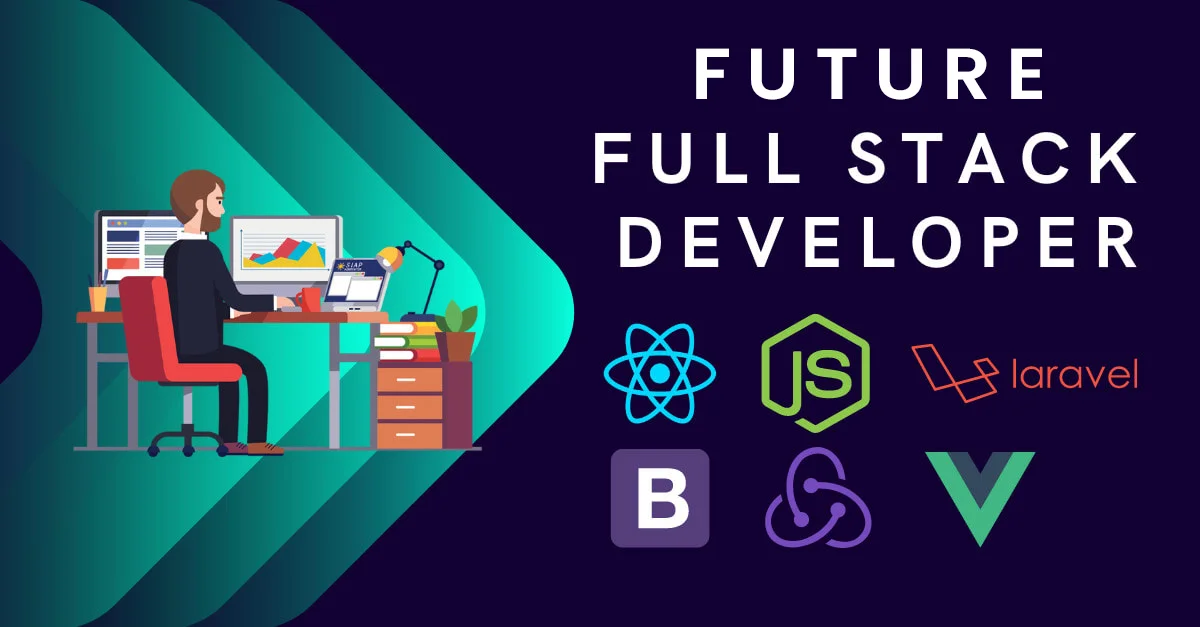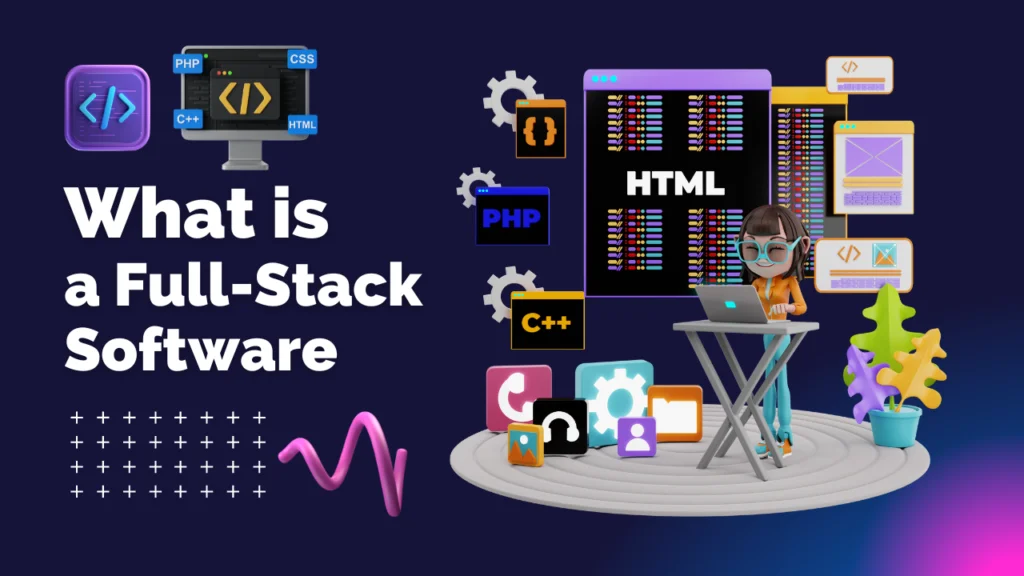Introduction
Definition of a Full-Stack Software Developer
A full-stack software developer is a versatile professional capable of handling both client-side and server-side development tasks. Database management, feature implementation, and UI design fall under this category.
Importance in the Tech Industry
As companies depend more on web apps, the need for full-stack developers is booming. Their ability to manage the whole development process distinguishes them as true diamonds in our technology-driven environment.
Core Skills of a Full-Stack Software Developer
Proficiency in Front-end Development
- Front-end development involves crafting the user interface and user experience. To design visually beautiful and responsive interfaces, a full-stack developer must be fluent in languages such as HTML, CSS, and JavaScript.
Back-end Development Expertise
- On the flip side, back-end development focuses on server-side operations. Language skills in Node.js, Python, or Java are essential for processing data, guaranteeing security, and controlling server logic.
Database Management Skills
- A Full-Stack Developer should be comfortable dealing with databases and should be able to ensure effective data storage, retrieval, and administration. SQL or NoSQL database knowledge is required.
Version Control
- Version control systems like Git enable developers to track changes in their codebase collaboratively. Understanding and using these tools is critical for effective collaboration and code management.
Knowledge of Web Servers
- It is critical to understand how web servers work and interact with apps. Full-Stack Developers should be familiar with server configurations and deployment processes.
Programming Languages for Full-Stack Development

Front-end Languages
- Front-end development is built on languages such as JavaScript, HTML, and CSS. Full-Stack Developers must be fluent in these languages to create interactive and visually appealing user interfaces.
Back-end Languages
- Back-end development necessitates knowledge of programming languages such as Python, Ruby, PHP, or Java. The appropriate language is determined by the project’s needs and the developer’s experience.
Understanding Frameworks and Libraries
Front-end Frameworks
- Frameworks like as React, Angular, and Vue.js make front-end development easier by offering reusable components and fast state management.
Back-end Frameworks
- Express.js (for Node.js), Django (for Python), and Ruby on Rails (for Ruby) are examples of back-end frameworks that expedite server-side development.
Web Development Technologies
Responsive Design
Developing apps that work across several platforms is important. Full-Stack Developers must grasp responsive design principles to deliver a consistent user experience.
APIs and Restful Services
Understanding Application Programming Interfaces (APIs) and building RESTful services facilitates seamless communication between different software components.
DevOps and Deployment
Continuous Integration/Continuous Deployment (CI/CD)
Software updates are delivered quickly and reliably when CI/CD techniques are used to optimize the development process.
Cloud Computing Platforms
Applications may be deployed more easily and scalable when they are hosted on cloud computing platforms like AWS, Azure, or Google Cloud.
Importance of Soft Skills
Communication Skills
When working with team members or communicating complicated technical concepts to non-technical stakeholders, effective communication is important.
Problem-Solving Abilities
Full-Stack Developers often encounter challenging problems. To find and implement successful solutions, strong problem-solving abilities are required.
Time Management
Balancing multiple tasks and deadlines requires effective time management skills to ensure project success.
Staying Updated in the Ever-Changing Tech Landscape
Continuous Learning
The IT sector is rapidly evolving. To keep up with new technologies and developments, Full-Stack Developers must embrace continual learning.
Networking and Community Engagement
Building professional networks and participating in the developer community promotes information sharing and career advancement.
Challenges Faced by Full-Stack Developers
Balancing Front-end and Back-end Demands
Striking the right balance between front-end and back-end responsibilities can be challenging but is crucial for overall project success.
Coping with Rapid Technological Advancements
Staying updated amidst technological advancements poses a constant challenge. Full-Stack Developers must adapt swiftly to remain competitive.
The Future of Full-Stack Development

Emerging Technologies
As technology advances, Full-Stack Developers will need to embrace emerging technologies such as Artificial Intelligence, Blockchain, and the Internet of Things.
Evolving Job Market
The job market for full-stack developers is expected to grow as businesses continue to digitize operations. Opportunities will abound for those with diversified skill sets.
Advantages of Being a Full-Stack Developer
Versatility
The ability to navigate both front-end and back-end development makes Full-Stack Developers versatile contributors to any project.
Job Market Demand
The increasing demand for Full-Stack Developers translates into ample job opportunities and competitive salaries.
How to Become a Full-Stack Developer
Formal Education vs. Self-Learning
While formal education provides a solid foundation, self-learning through online resources and hands-on projects is equally valuable.
Building a Diverse Portfolio
Creating a diverse portfolio showcasing various projects demonstrates practical skills and enhances job prospects.
Success Stories of Full-Stack Developers
Industry Examples
In the exciting world of .NET technologies, awesome platforms like Microsoft Azure, SharePoint, DotNetNuke (DNN), Orchard CMS, Umbraco, Sitefinity, and Kentico have been crafted. Imagine checking out the success stories of big players like Netflix rocking React or Airbnb doing magic with Ruby on Rails—it ‘sit’s like a shot of motivation for folks dreaming of becoming full-stack developers!
Learning from Accomplished Developers
Understanding the journeys of accomplished Full-Stack Developers offers insights into the paths to success and valuable lessons learned.
Common Myths About Full-Stack Development
Only for Tech Enthusiasts
Contrary to popular belief, anyone with dedication and a passion for problem-solving can pursue a career as a Full-Stack Developer.
Overwhelming Skill Requirements
While the skill set is extensive, breaking it down into manageable steps and continuous learning makes the journey more achievable.
Conclusion
In conclusion, being a full-stack software developer requires a wide range of skills, a commitment to lifelong learning, and the adaptability to change with the times. Inspiring challenges, professional advancement, and the fulfillment of working on cutting-edge projects are all provided by this industry. The digital world will continue to be shaped by full-stack developers if technology continues to progress.


